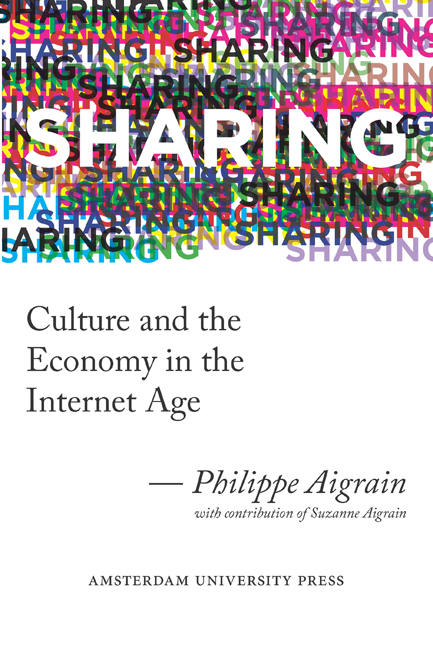6 - Defining Rights and Obligations
Published online by Cambridge University Press: 19 January 2021
Summary
Implementing a new form of mutualized financing of creative activities and recognizing the non-market sharing of digital works is not something one can do at the drop of a hat. An in-depth debate between stakeholders, experts, policymakers and the public is needed to work through the details. For this debate to be possible, a structured proposal consistent with the new approach presented in the previous chapter must be on the table. We now proceed to detail its key components: to which works will the right to share apply and when? Which types of users will be concerned? What will be the rights and obligations of users? How should the amount of the contribution be determined? Some issues that regard institutional and technical implementation (the devils in the details) will be left for discussion in the next part of this book.
Our proposal addresses both the reward of creators for the usage of existing works, and the provision of funds towards the production of new works, or the maintenance of a suitable environment for works to be created and disseminated in. Some authors have proposed financing of artists and projects only, dropping the reward aspect entirely. This model was proposed as early as 2002 at the Blur Workshop on Power at Play in Digital Art and Culture organized at the Banff Center for the Arts, and subsequently elaborated by James Love (Love 2002), now director of Knowledge Ecology International. Users have to pay a monthly contribution, which is allocated using a competitive intermediaries model, where various organizations compete to attract funds from Internet users, on the basis of the redistribution policies they publicize. The Blur/Banff proposal was subsequently elaborated to make it more secure against rigging by persons who would agree to cross-allocate the collected sums to each other (Toner 2008). Francis Muguet (Muguet 2008) designed a “global sponsorship” scheme where a flat-rate contribution by Internet subscribers would be allocated on the sole basis of individual preferences, users deciding (for instance on a monthly basis) to allocate parts of their contribution to various artists and artistic projects. To answer critics who pointed out that it is difficult for individuals to make such decisions at the level of individual artists and projects, Muguet and other promoters of global sponsorship added a provision enabling people to delegate this decision, which would be similar to the “competitive intermediaries” model.
- Type
- Chapter
- Information
- SharingCulture and the Economy in the Internet Age, pp. 79 - 88Publisher: Amsterdam University PressPrint publication year: 2012



